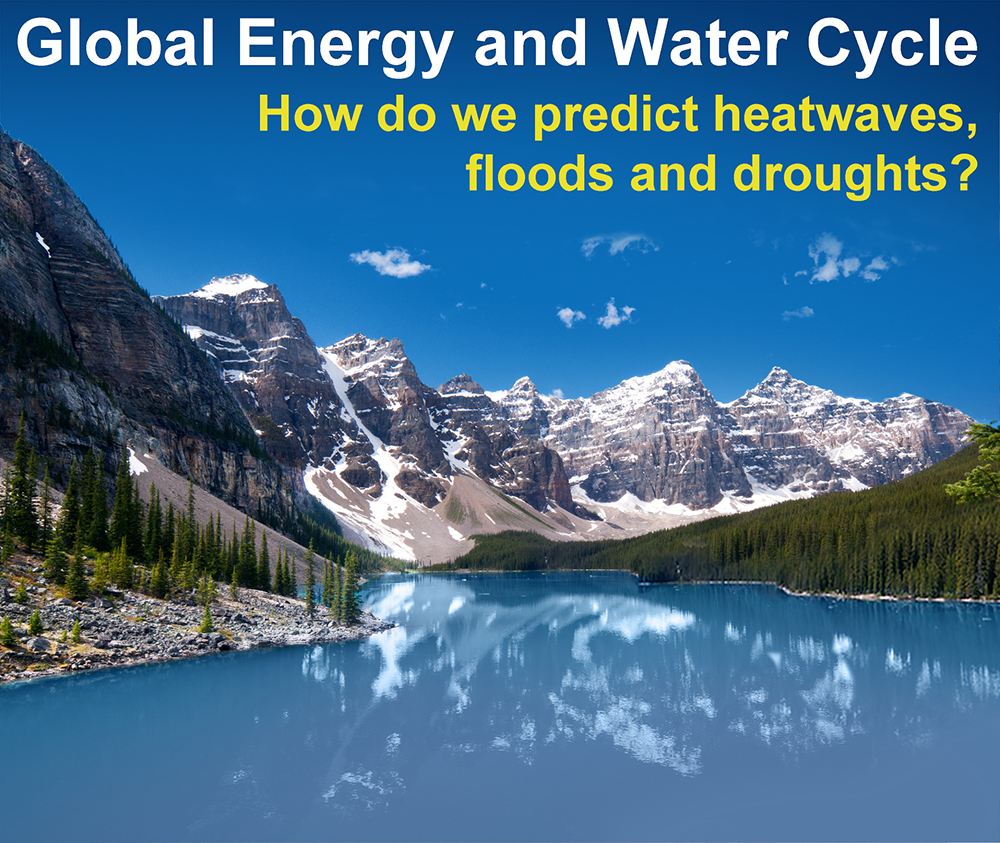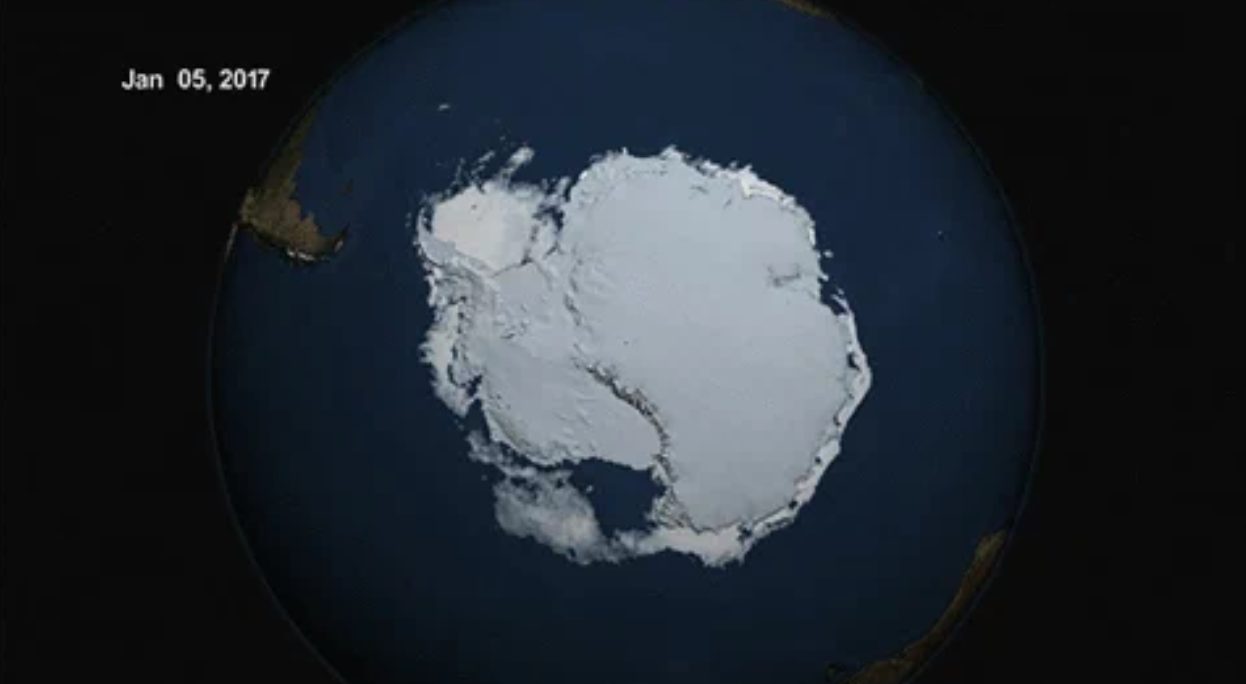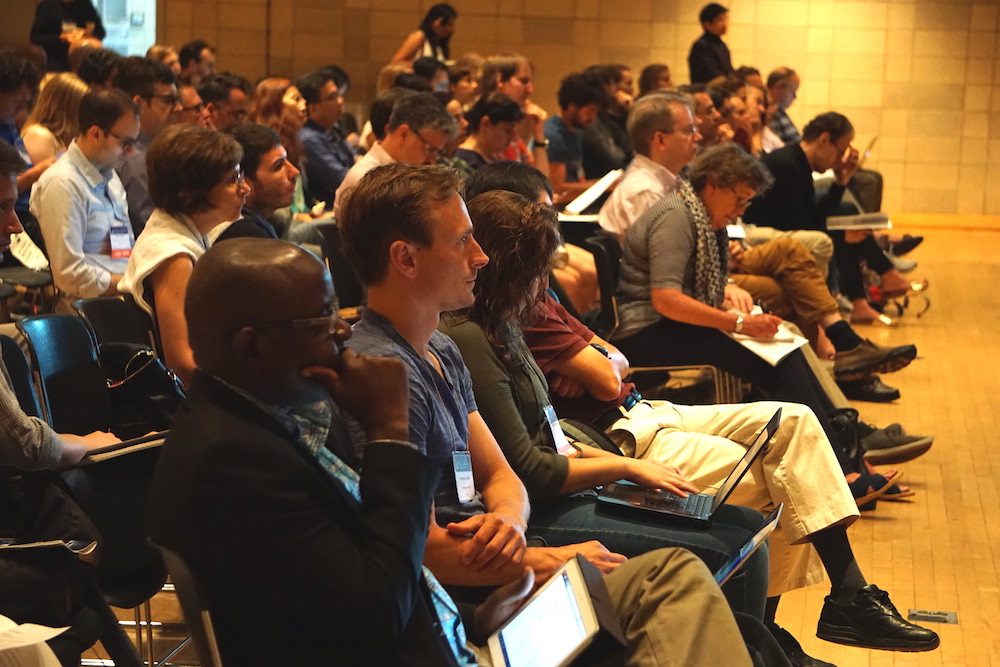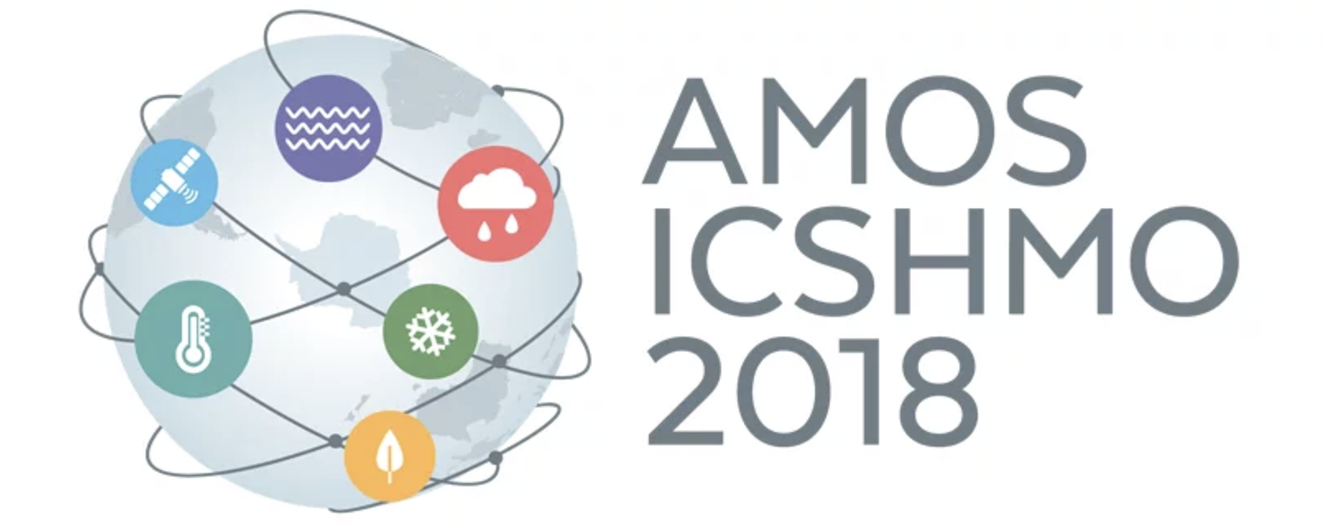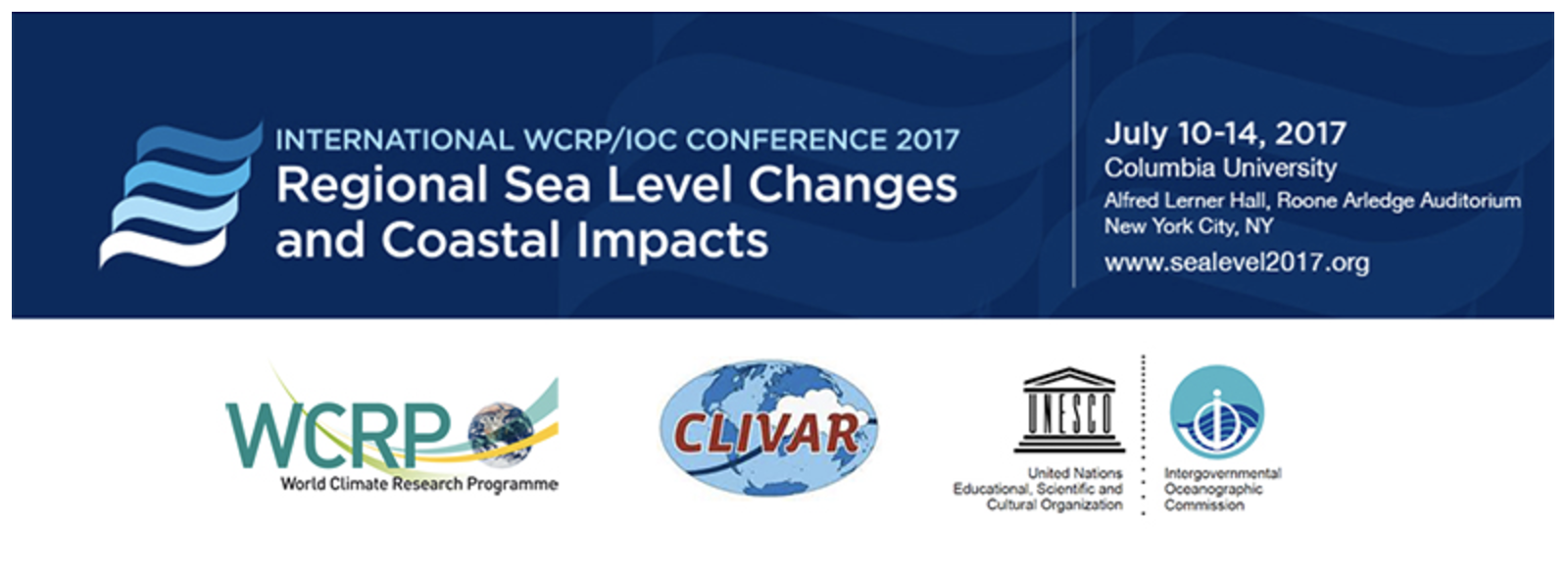- Details
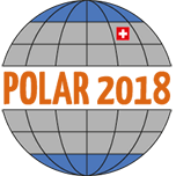 Start preparing your abstracts to submit to the Scientific Committee on Antarctic Research (SCAR) and the International Arctic Science Committee (IASC) Open Science Conference #POLAR2018, in Davos, Switzerland. Abstract submission will close on 1 November 2017. For more information, click the above heading.
Start preparing your abstracts to submit to the Scientific Committee on Antarctic Research (SCAR) and the International Arctic Science Committee (IASC) Open Science Conference #POLAR2018, in Davos, Switzerland. Abstract submission will close on 1 November 2017. For more information, click the above heading.
- Details
Join one of the webinars being jointly hosted by C40 and Future Earth as an opportunity to learn more and ask questions about the call for proposal for sessions and abstracts for the Cities and Climate Change Sciences Conference (#CitiesIPCC). For details on how to join click the heading above.
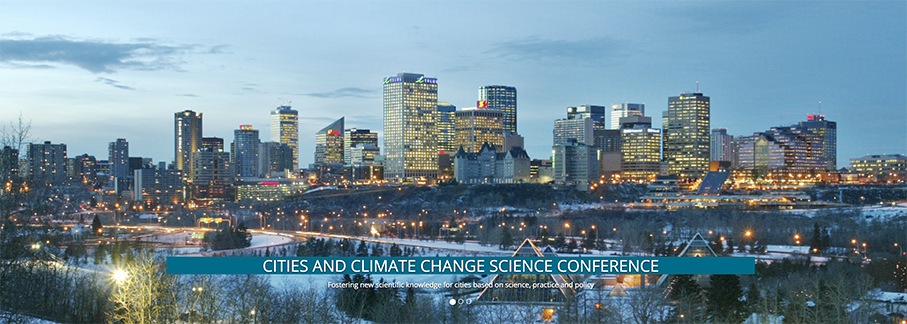
- Details
16-18 October 2018 | Guayaquil, Ecuador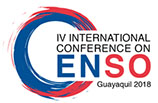
Abstracts can now be submitted to the IV International Conference on ENSO. The goal of this conference is to review the progress on the science of the El Niño Southern Oscillation (ENSO). See the conference website for more details.
The call for abstracts closes on 30 April 2018.
- Details
5-7 March 2018 | Edmonton, Canada
The World Climate Research Programme (WCRP) and Future Earth offer support for early career researchers and professionals to get involved in the “2018 Cities and Climate Change Science Conference: Fostering new scientific knowledge for cities based on science, practice and policy”. For full details on how to apply click the header above.

- Details
Edmonton, Canada | March 5-7, 2018
The call for session proposals and individual abstracts (oral and/or poster) for the “Cities and Climate Change Science Conference: Fostering New Scientific Knowledge for Cities Based on Science, Practice and Policy” is now open. See the conference website for full details or you can email the organizers on:
NEW: Join the webinar: Cities and climate change conference call for proposals.
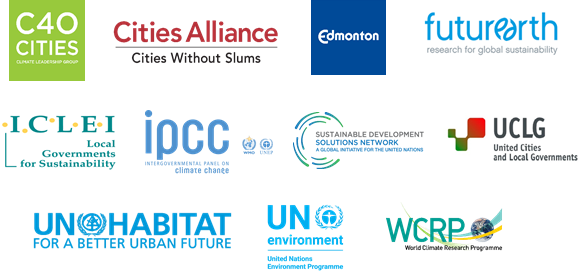
- Details
John Turner and Josefino Comiso call for a coordinated push to crack the baffling rise and fall of sea ice around Antarctica. Find out more in their comment in Nature: Nature 547, 275–277 () doi:10.1038/547275a
- Details
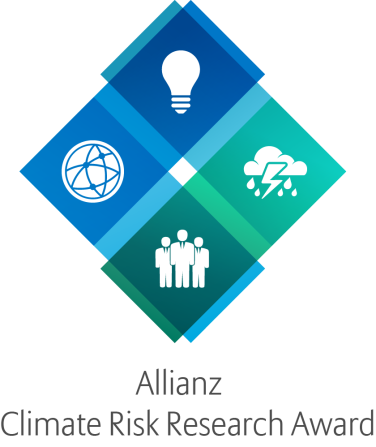
Allianz Reinsurance has launched the Allianz Climate Risk Research Award as part of its activities to mitigate risks related to climate change, to increase resilience, and to promote scientific research. The 2017 Award topic is 'Climate risk: real-time information & new technologies'. Deadline 2 September 2017. For more infomation click the heading above.
- Details
 Fostering new scientific knowledge for cities based on science, practice and policy
Fostering new scientific knowledge for cities based on science, practice and policy
5-7 March 2018
Edmonton, Canada
Start preparing your submissions for the Cities and Climate Change Science Conference. WCRP is pleased to work with the partner organizations, aiming to inspire the next frontier of research focused on the science of cities and climate change. To find out how to get involved in this landmark conference, click the heading above.
- Details
![]() Want to make a difference to climate and ocean research?
Want to make a difference to climate and ocean research?
The call for nominations to the CLIVAR Scientific Steering Group and to the CLIVAR Panels is now open. Click the heading above for more details.
- Details
![]() The WCRP Core Project Stratosphere-troposphere Processes And their Role in Climate (SPARC) leadership is composed of experts from around the world who dedicate their time to SPARC's international activities. These include the SPARC Scientific Steering Group (SSG), who serve to guide SPARC's scientific focus. SPARC is now accepting nominations (or self-nominations) for SSG membership to serve from January 2019 - December 2021 (initial three-year term can be extended by two additional years). If you are interested please complete the online form here. The deadline for nominations is 30 September 2017.
The WCRP Core Project Stratosphere-troposphere Processes And their Role in Climate (SPARC) leadership is composed of experts from around the world who dedicate their time to SPARC's international activities. These include the SPARC Scientific Steering Group (SSG), who serve to guide SPARC's scientific focus. SPARC is now accepting nominations (or self-nominations) for SSG membership to serve from January 2019 - December 2021 (initial three-year term can be extended by two additional years). If you are interested please complete the online form here. The deadline for nominations is 30 September 2017.
- Details
![]() To find out about GEWEX scientific research and activities see the latest GEWEX Newsletter. For opportunities and meeting announcements take a look at the July edition of GEWEX eNews.
To find out about GEWEX scientific research and activities see the latest GEWEX Newsletter. For opportunities and meeting announcements take a look at the July edition of GEWEX eNews.
You can subscribe to GEWEX eNews on the GEWEX website.
- Details
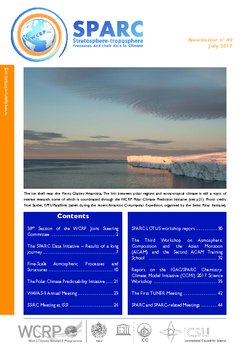 The July 2017 edition of the SPARC Newsletter is available on the SPARC Website. Science highlights include: the SPARC Data Initiative, Fine-Scale Atmospheric Processes and Structure and the Polar Climate Predictability Initiative. There are also meeting and workshop reports for: SPARC WAVAS-II Annual Meeting, SSiRC Meeting at ISSI, SPARC LOTUS Workshop, the Third Workshop on Atmospheric Composition and the Asian Monsoon (ACAM) and the Second ACAM Training School, the IGAC/SPARC Chemistry-Climate Model Initiative (CCMI) 2017 Science Workshop and the First TUNER Meeting. For regular updates subscribe to the SPARC Newsletter and eNews.
The July 2017 edition of the SPARC Newsletter is available on the SPARC Website. Science highlights include: the SPARC Data Initiative, Fine-Scale Atmospheric Processes and Structure and the Polar Climate Predictability Initiative. There are also meeting and workshop reports for: SPARC WAVAS-II Annual Meeting, SSiRC Meeting at ISSI, SPARC LOTUS Workshop, the Third Workshop on Atmospheric Composition and the Asian Monsoon (ACAM) and the Second ACAM Training School, the IGAC/SPARC Chemistry-Climate Model Initiative (CCMI) 2017 Science Workshop and the First TUNER Meeting. For regular updates subscribe to the SPARC Newsletter and eNews.
Also see SPARC eNews Bulletin for the latest news and announcements.
- Details
 How will different choices of the pre-industrial baseline affect the likelihood of nations exceeding the 1.5 °C or 2 °C temperature thresholds? Find out in this new article by Andrew Schurer and others:
How will different choices of the pre-industrial baseline affect the likelihood of nations exceeding the 1.5 °C or 2 °C temperature thresholds? Find out in this new article by Andrew Schurer and others:
This paper acknowledges the World Climate Research Programme’s Working Group on Coupled Modelling (WGCM) and the Coupled Model Intercomparison Project (CMIP)
- Details
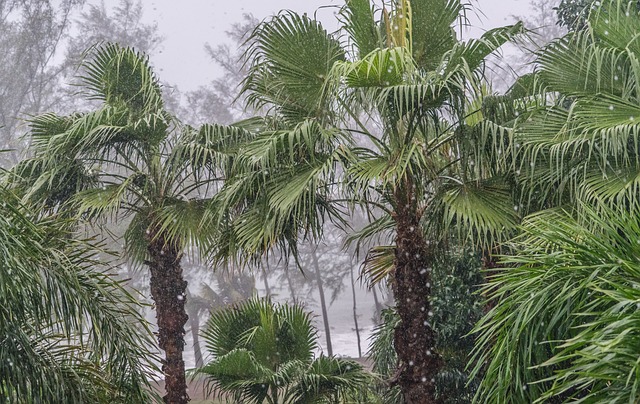 This article by Qinjian Jin and Chien Wang, published in Nature Climate Change, shows that monsoon rainfall in India has increased since 2002 after previously showing significant decline, a signal that has not yet been replicated by global climate models. To find out more see the article:
This article by Qinjian Jin and Chien Wang, published in Nature Climate Change, shows that monsoon rainfall in India has increased since 2002 after previously showing significant decline, a signal that has not yet been replicated by global climate models. To find out more see the article:
- Details
![]() Get the latest issue of the Subseasonal-to-Seasonal (S2S) Prediction Project Newsletter, which includes:
Get the latest issue of the Subseasonal-to-Seasonal (S2S) Prediction Project Newsletter, which includes:
- Propagation of Intra-Seasonal Tropical Oscillations (PISTON)
- Update on the S2S Database
- A new ftp site containing MJO indices from the S2S database
- 7th International Verification Methods Workshop
- S2S Special Session at the 5th WGNE Workshop on systematic errors in weather and climate models
- Subseasonal prediction of the heat wave of December 2013 in Southern South America by the POAMA and BCC‑CPS models
All S2S Newsletters are available on thr S2S Website.
- Details
Nominations for both prizes close on 1 October 2017.
- Details
![]() The World Climate Research Programme (WCRP) has issued a call for expressions of interest from national, regional and international institutions to host a coordinator for WCRP regional activities. To find out more about the criteria and selection process, please click the heading above.
The World Climate Research Programme (WCRP) has issued a call for expressions of interest from national, regional and international institutions to host a coordinator for WCRP regional activities. To find out more about the criteria and selection process, please click the heading above.
- Details
Find out more in an article by Josep (Pep) Candela and David Carlson in the World Meteorological Organization Bulletin.
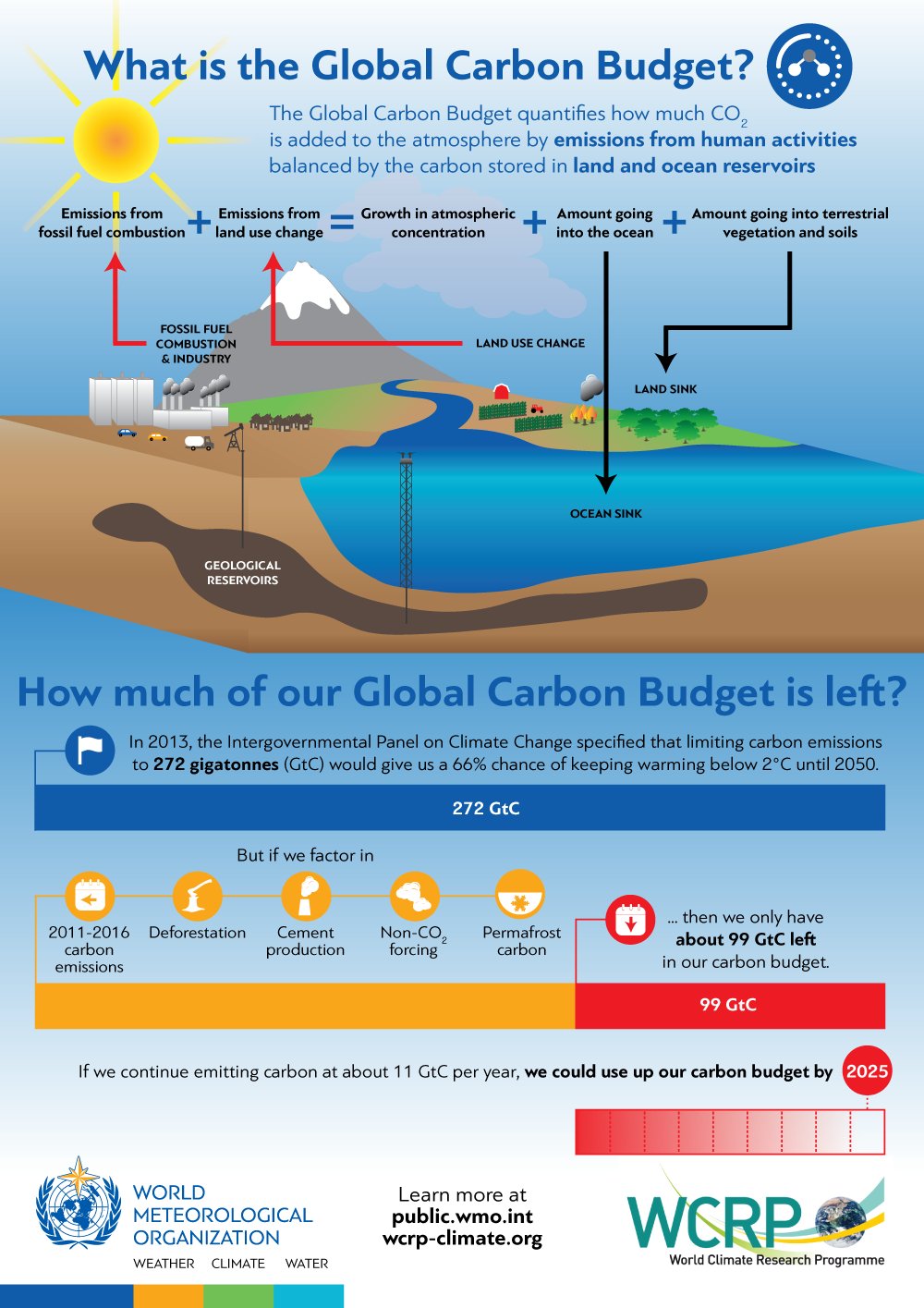
- Details
- Details
The Australian Meteorological and Oceanographic Society and the American Meteorological Society (AMOS) have announced that the Joint 25th AMOS National Conference and 12th International Conference for Southern Hemisphere Meteorology and Oceanography, AMOS-ICSHMO 2018, will be held at UNSW Sydney from 5 to 9 February 2018. The conference will bring together experts in meteorology, oceanography and other climate sciences from around the world as well as government representatives, NGOs, businesses and the media to focus on problems specific to the Southern Hemisphere. To find out more information see the conference website. Abstract submission closes on 31 August 2017.
- Details
16-18 October 2018 | Guayaquil, Ecuador
The goal of this conference is to review the progress on the science of the El Niño Southern Oscillation (ENSO) with a focus on examining the range of ENSO “flavors”, assess the existence of possible, and distinct precursors, and examine how the different oceanic and atmospheric processes that drive the different ENSO flavors and impact their predictability would vary in a warming world. See the conference website for more details.
The call for abstracts will open on 15 July 2017 and closes on 30 April 2018.
- Details
Next Monday marks the beginning of the Regional Sea Level Changes and Coastal Impacts Conference in New York City. The conference puts a spotlight on interactions between global warming, associated sea level rise, coastal impacts and options for adaptation. See the full press release (English) (French) (Spanish).
- Details
We are excited to release a short movie: A Short Introduction to Climate Models - CMIP & CMIP6
This movie gives insight into the world of climate modelling, particularly WCRP's initiative CMIP. See also the accompanying European Geosciences Union (EGU) highlight article.
- Details
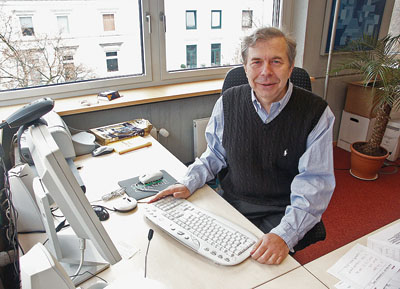 As you probably know, David Carlson retired from his position of Executive Director of WCRP on 30 June 2017. Deon Terblanche, Director of the WMO Atmospheric Research and Environment Branch, has agreed to lead the activities of the WCRP Joint Planning Staff for a period of about one year, and to work closely with the Joint Scientific Committee and the climate community towards the development of a new 10-year strategic plan. Read more about WCRP plans here.
As you probably know, David Carlson retired from his position of Executive Director of WCRP on 30 June 2017. Deon Terblanche, Director of the WMO Atmospheric Research and Environment Branch, has agreed to lead the activities of the WCRP Joint Planning Staff for a period of about one year, and to work closely with the Joint Scientific Committee and the climate community towards the development of a new 10-year strategic plan. Read more about WCRP plans here.
- Details
The Global Energy and Water Cycle Exchanges (GEWEX) project is one of WCRP's four core projects. The global water cycle encompasses the continuous journey of water as it moves between the Earth’s surface, the atmosphere, and beneath the Earth’s surface. Find out more about GEWEX!
